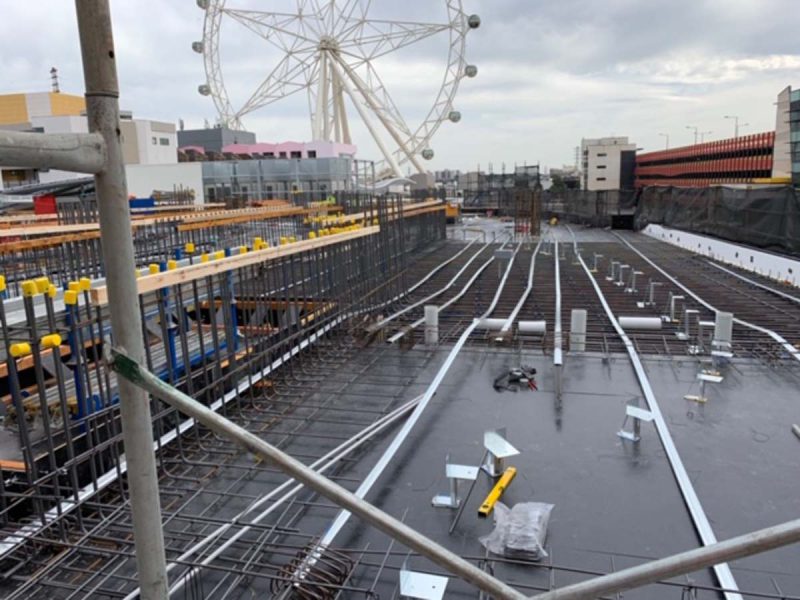Concrete Formwork: Comparing Traditional vs. Modern Techniques
26 September 2024
Unveil the differences between traditional and modern concrete formwork techniques. Know how advancements in formwork impact quality in construction projects.
Concrete formwork plays a crucial role in the construction industry, serving as the mould that shapes concrete as it sets and hardens. Choosing the right formwork technique can significantly impact the efficiency, cost, and quality of a construction project.
Traditional Concrete Formwork
Traditionally, concrete formwork was primarily constructed using timber. Carpenters crafted intricate moulds to shape walls, columns, beams, and slabs. While this method allowed for great flexibility in design, it was labour-intensive, time-consuming, and prone to errors. Timber formwork also required extensive drying and maintenance, increasing costs and project timelines.
Despite its limitations, traditional formwork remains a viable option for small-scale projects and intricate designs where flexibility is paramount. However, for large-scale construction, the drawbacks of this method have led to a shift towards more efficient and modern alternatives.
Modern Concrete Formwork
Modern concrete formwork has undergone a revolution, with a focus on prefabrication, modularity, and the use of advanced materials. These innovations have significantly improved the construction process.
• Metal Formwork: Steel and aluminium formwork systems offer superior strength, durability, and reusability compared to timber. They can be assembled quickly and accurately, reducing labour costs and project timelines.
• Plastic Formwork: Lightweight and corrosion-resistant, plastic formwork is gaining popularity. It is often used for specialised applications, such as curved walls and architectural concrete.
• Prefabricated Formwork: Precast concrete panels and modular formwork systems streamline the construction process by allowing for off-site fabrication and assembly. This approach reduces on-site labour, improves quality control, and accelerates project completion.
• Slipform Concrete: In this method, the formwork moves continuously upward as concrete is poured, creating tall structures like silos and bridge piers efficiently.
Advantages of Modern Concrete Formwork
Modern concrete formwork systems have revolutionised the construction industry by offering innovative solutions that enhance project efficiency and quality. Below are some key benefits of modern concrete formwork.
• Increased Efficiency: Modern concrete formwork systems utilise prefabricated and modular designs, which significantly reduce labour costs and speed up construction timelines. This results in faster project completion and less on-site disruption.
• Improved Quality: Advanced formwork systems are precisely engineered, ensuring consistent, smooth concrete finishes and superior structural integrity, improving the overall quality of the final product.
• Cost-Effectiveness: The reusability of modern formwork components, along with reduced labour and time requirements, leads to substantial cost savings throughout the construction process.
• Sustainability: Many modern formwork systems incorporate recycled materials and minimise waste, contributing to more environmentally friendly construction practices.
The construction industry is continuously evolving, and the adoption of modern concrete formwork techniques is essential for meeting the demands of today’s projects. By embracing these innovations, contractors can achieve greater efficiency, improve quality, and reduce their environmental impact.
As technology continues to advance, we can expect even more groundbreaking developments in concrete formwork, further shaping the future of the construction industry.
Choosing the Right Concrete Formwork
Selecting the appropriate formwork system depends on various factors, including project size, complexity, budget, and schedule. At Omniform, our experienced team can help you evaluate your project requirements and recommend the most suitable formwork solution. We offer a comprehensive range of formwork options, as well as expert consulting services to ensure your project’s success. Contact us for more information.

